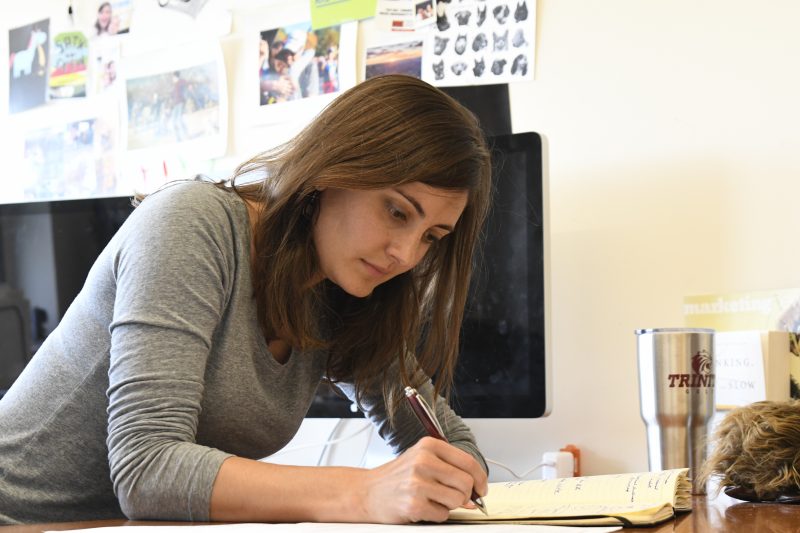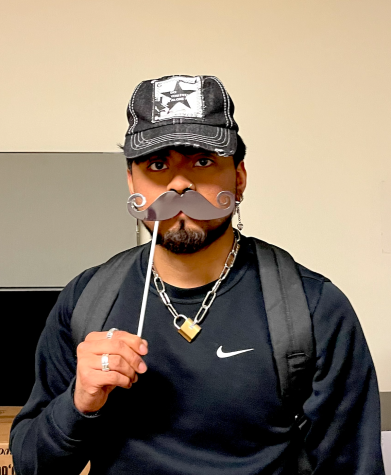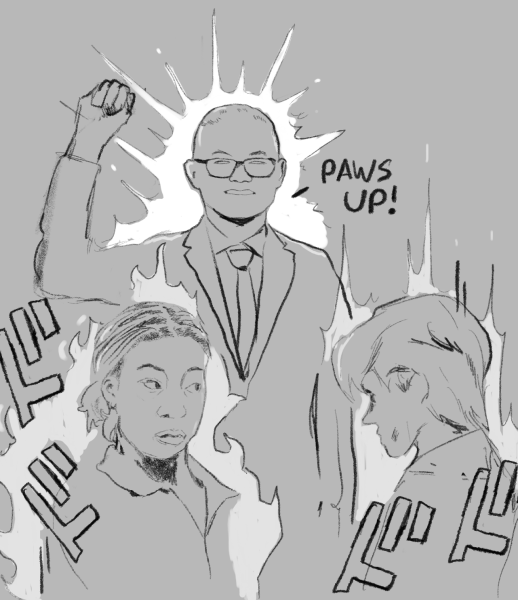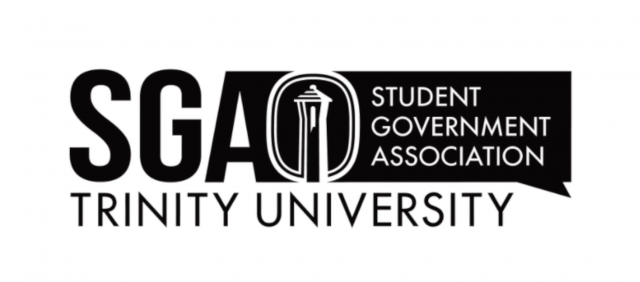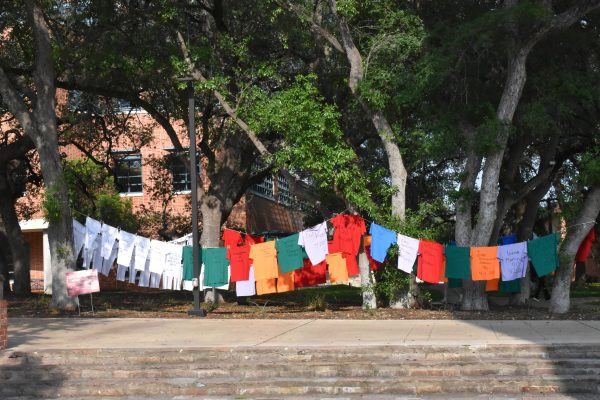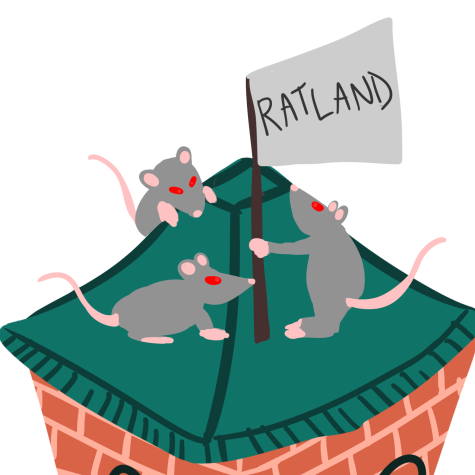University takes action on inclusion goals
Implementation team moves forward with task force recommendations
Months after the Diversity and Inclusion task force shared its report with Danny Anderson, university president, Trinity has begun its first steps towards implementing the suggested solutions to strive for. In charge of this effort is the implementation task force, co-led by Kara Larkan-Skinner, Executive Director of Institutional Research and Effectiveness, and Michelle Bartonico, assistant vice president for Strategic Communications and Marketing.
The implementation team is working to prioritize the initiatives based on feasibility and impact. Using this framework, they hope to identify which recommendations should be carried out first, and reach out to the appropriate stakeholders for their input.
“In some ways, it is just as important to think about what our group is not doing. What we’re not doing is redoing the work of the task force. We are looking at every single recommendation and saying based on feasibility and impact, we are going to call all the stakeholders listed in the task force report,” said Bartonico. “What we are doing is picking up the phone and saying ‘you were listed as a responsible party — is it feasible, is it legal, what kind of impact do you think it [the recommendation] would have?'”
Trinity administrators formed the Diversity and Inclusion task force as a first step in addressing the need for institutional reform amid nationwide conversations about equity and inclusion, brought on by the Black Lives Matter movement’s upward momentum this summer. The task force — a group made up of students, faculty and staff — met throughout the summer to produce a report which outlines various recommendations for university reform and a timeline for each initiative.
Two third-party consultants have been brought on to assist the implementation team in actualizing the task force’s recommendations. One consultant is currently auditing the executive team of Danny Anderson, university president, with the aim of potentially making space for a Chief Diversity Officer, as per the task force recommendations. The other consultant, Stand By Systems II, is working alongside the implementation team by providing input and training sessions.
“We have been working with Stand By Systems II as individual members of the executive leadership team as a professional development series. The way I think of it is each of us is on our own journey as it relates to diversity, equity, and inclusion, as individuals and as executives for the university. Stand By Systems II is helping us through that journey,” explained Larkan-Skinner, “Because they have such a knowledge of Trinity, we brought them into the implementation team as well, so we have been sharing some of the work we have been doing and using them as an extra partner to brainstorm with.”
Bartonico noted that while the university is not currently searching for a Chief Diversity Officer, by auditing the President’s administrative team, the consultants hope to find ways to build Diversity and Inclusion leadership within the executive group.
“What they are helping do is audit President Anderson’s administration to say ‘are too many people reporting to you? Do they have the right portfolio? Could things be hammered out differently to make room for a CDO?’ The intention is to have the audit so that it makes room for a CDO, but they are not a search firm,” Bartonico said.
While students served as members of the Diversity and Inclusion Task Force that met over the summer, thus far, the implementation process has been managed by the administration. This has led some to consider the role students should play in the implementation of the task force initiatives.
“This is something we as TDC have talked about, because right now they are prioritizing based on feasibility and impact, but there’s not really a direct student line to that. It’s a tricky balance between getting student input and burdening students who are supposed to be students and not working on huge university responsibilities. But at the same time, if we are determining what is most important to the community, students are a part of determining what that is,” said Gabriella Garriga, senior economics and sociology double-major and task force member.
According to Zhaoxi Liu, communications professor and task force member, the focus on institutional change is key to ensuring lasting impact.
“If you look at our recommendations, we have basically considered recommendations from all stakeholders — students, alumni associations, faculty and staff, and of course administrators. When we were making recommendations we also considered every aspect of university operations. I know to achieve that it’s important to tackle the institution, the structure. It’s not just one event or one training, one club, one dialogue — we have to do it in a systematic way,” said Liu.
Ultimately, through continued collaboration and structural change, students, faculty, staff, and administration hope to achieve a more equitable and diverse future for the university.
“I think we are heading in the right direction, sometimes it could be two steps forward, one step back — it happens, and I totally understand the frustration. I myself can get frustrated, as well. But what encourages me is that we are heading in the right direction and we have the ultimate goal, which is to achieve intentional inclusion. Our goal is clear, and we are heading towards that goal, and that to me is very encouraging,” Liu said.

